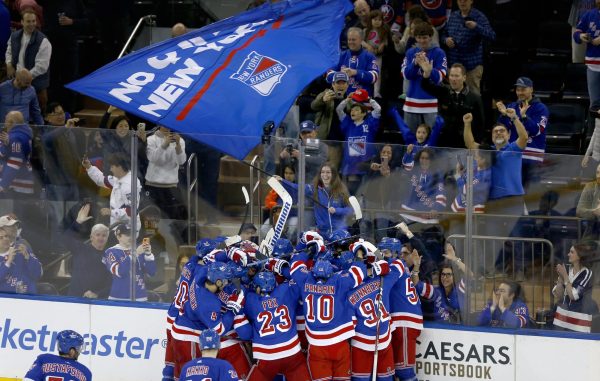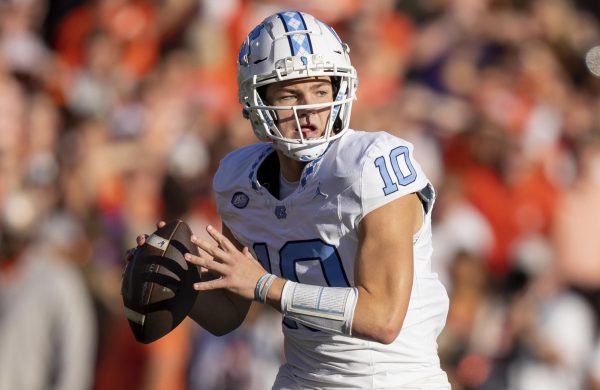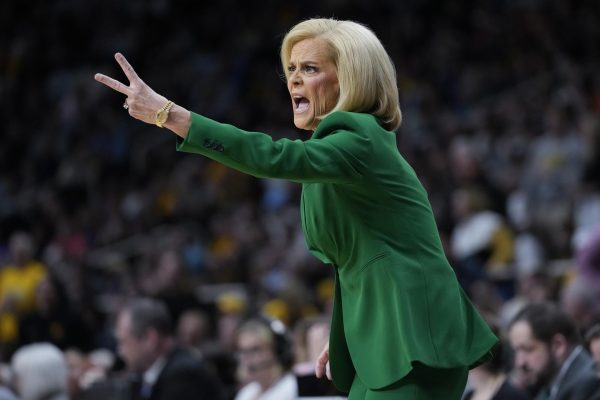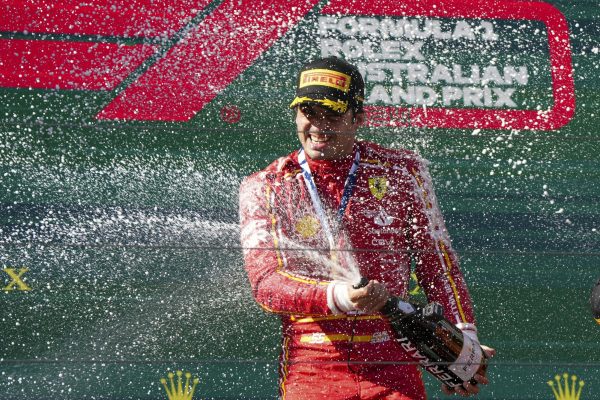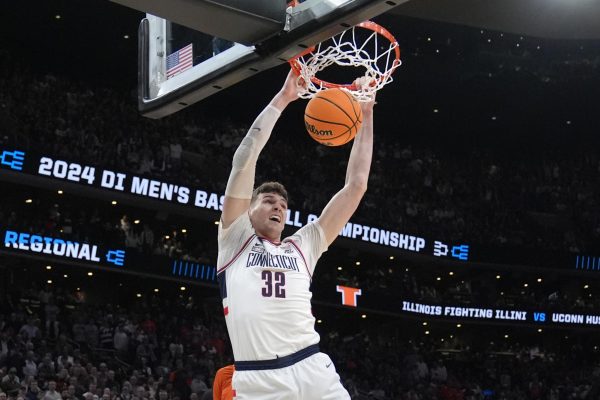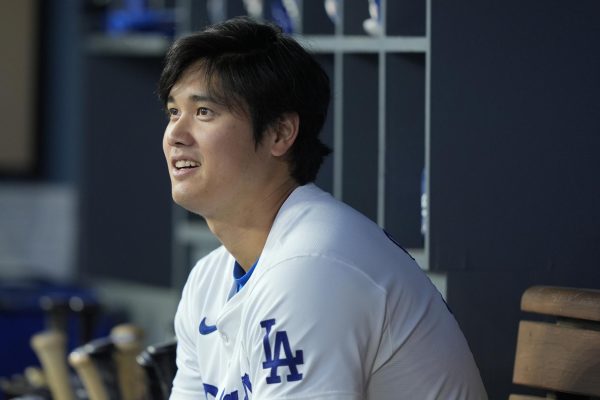Keep the Dream Alive: USA Basketball at Worlds
The second round of the FIBA World Championship in Turkey kicked off earlier this week. So far, Team USA has been the strongest team by far, but not completely dominant. Despite the FIBA tournament falling chronologically before the start of the NFL season and MLB playoffs and a few months prior to the start of the NHL or NBA, it has not been greatly publicized by ESPN or other sports media outlets. As tough as it is to catch these games, USA or otherwise, all Colgate students living on campus have access to most of the games on ESPN3. So, if you are a fan of hoops, international sports, sweet breakaway slam dunks or you are just a bored sports fan with nothing else to watch but college football, tune in.
If the potential for upwards of ten or more fast break dunks does not do it for you, here are a few more reasons to watch the World Championship. First of all, the unintentional hilarity of hearing unknown broadcasters absolutely butcher the names of foreign players is not worth missing. Also, the effort and pride of Team USA’s opponents is inspiring to watch—only for that pride and patriotism to be stomped on by guys like Lamar Odom who are giving half the effort and coast on talent alone. God bless America! There is a lot to be said for the quality of play by the non-American FIBA teams, however, as not only do the USA’s opponents play with more intensity, but also their team chemistries are a lot stronger, especially on teams like Spain, Argentina or Brazil, which leads to beautiful passing and ball movement. This is due in part to the fact that many non-USA players come from a soccer background where a stunning assist is appreciated just as much as the ensuing basket. Another reason for the excellent chemistry among some of the elite foreign national teams have had similar rosters for the last five or ten years. The Americans, on the other hand, are all playing for the United States for the first time, as none of the Beijing Olympic gold medalists returned to compete in the FIBA World Championship.
Without the veterans of 2008’s “Redeem Team,” Jerry Colangelo, head of USA basketball, and Coach Krzyzewski were forced to pick players from a pool of younger, less experienced talent. So, for college hoops fans anxiously awaiting the start of college basketball, the FIBA World Championship serves as an opportunity to see how recent college basketball stars have developed since graduating to the NBA; players like Kevin Love, Russell Westbrook, Stephen Curry, Eric Gordon and Derrick Rose all play integral roles to the success of our country’s national team. Also, with Coach “K” as head coach, Duke-lovers and haters alike can all see what kind of a job he does coaching international ball.
But before you flip on a game on ESPN2 or ESPN3 between classes or on a lazy weekend, here is what you have missed so far. In the first round, the Americans faced little resistance against its first two opponents, defeating Croatia handily, 106-78, then Slovenia, 99-77. Kevin Durant quickly emerged as the team leader and by far its best scorer. USA finally met its first challenge in Brazil, led by NBA veteran Leandro Barbosa. Durant’s 27 points and 10 rebounds were the difference maker, as the U.S. won 70-68, ending with a missed Barbosa buzzer-beater in the closing seconds. Team USA finished the first round of games with a decisive 88-51 victory over Iran. The second round, which is an elimination round (if you lose, you are out), began with a 55-point USA victory over Angola. Rose has established himself as the primary facilitator and secondary scorer to Durant, but his backcourt mate Chauncey Billups has served as the experienced veteran leader—a role Jason Kidd filled on the “Redeem Team”— proving that he is still a valuable offensive asset, dropping 17 on 5 for 7 shooting from the field against Angola.
Some things to look for in the coming games include Billups’s ability to defer to younger, more athletic players like Durant or Rose at the end of games. Tiago Splitter, Brazil’s big man, dominated our smaller front line of Odom, a forward and Durant, a wing, as he racked up a double-double with 13 points and 10 rebounds. It remains to be seen whether a lineup whose only true seven-footer is Tyson Chandler, a center off the bench, is going to be able to compete against the more imposing front lines in the tournament like those of Spain, Greece and Brazil.
The ultimate question, though, is at what level a team led by some of the smaller-name stars and role players of the NBA can compete when compared to Redeem Team of the 2008 Olympics. Many credit the growth of players like LeBron James, Carmelo Anthony and even Kobe Bryant, who went on to win his first MVP award the next season, to the experience and development gained from playing with each other and against the best international players in the world. It should be fun to see whether the FIBA World Championship has similar effects on the United States’ players in 2010.




